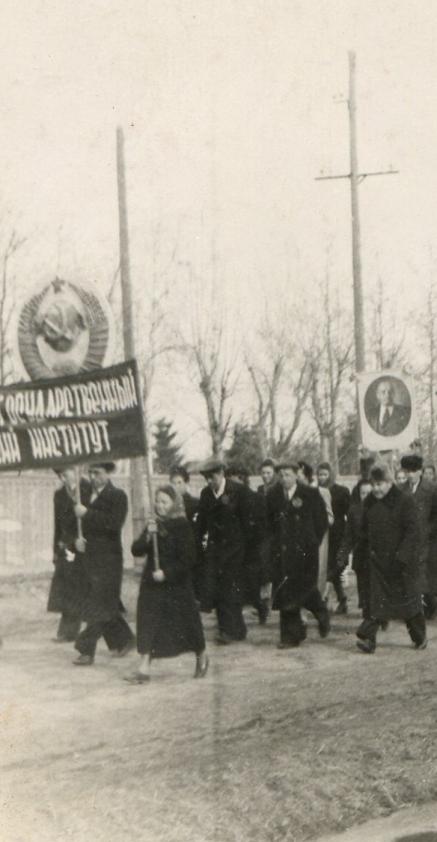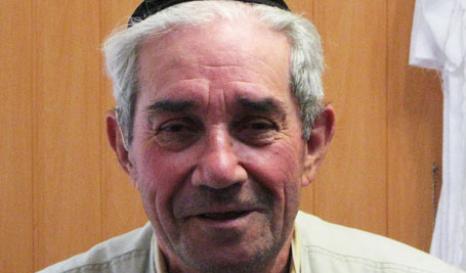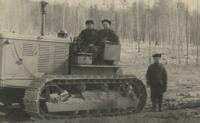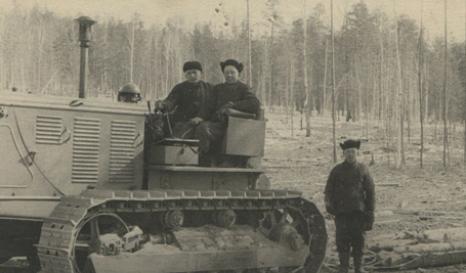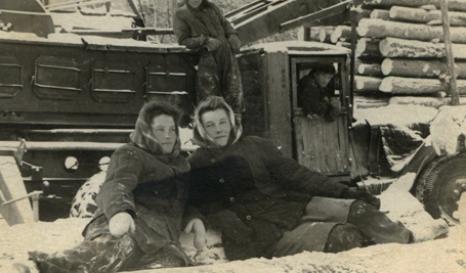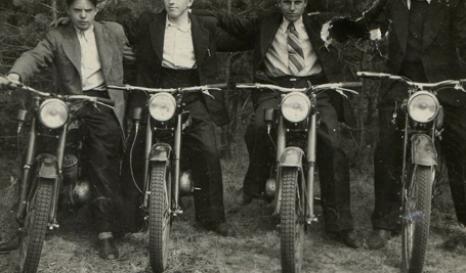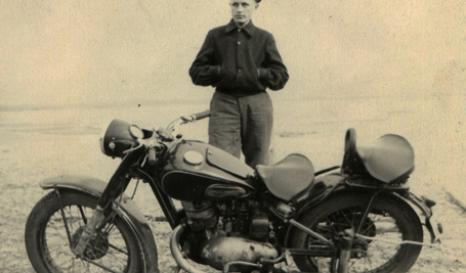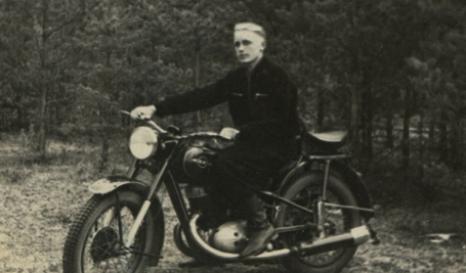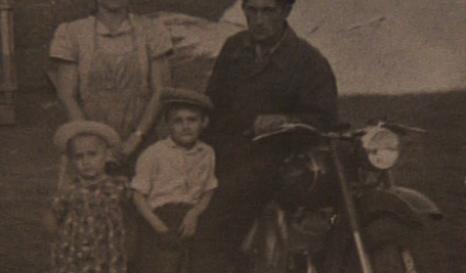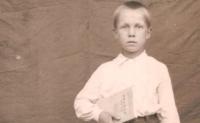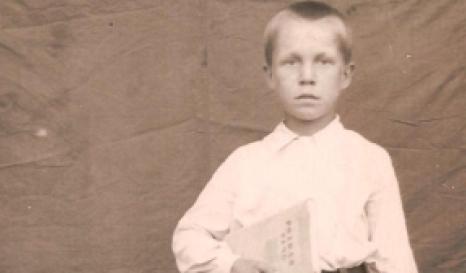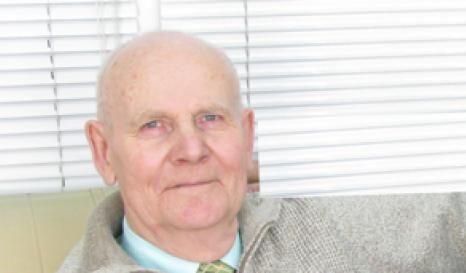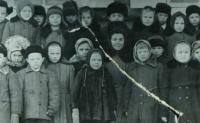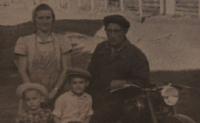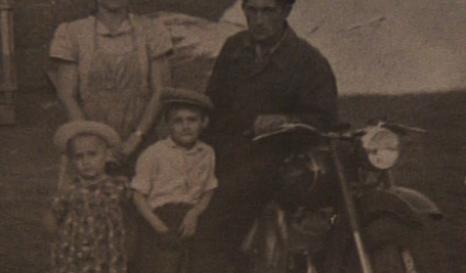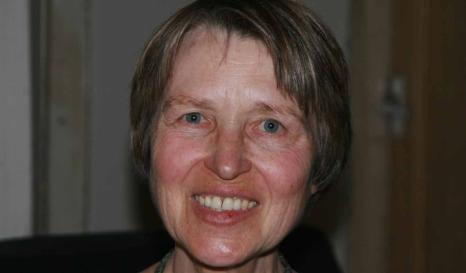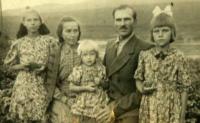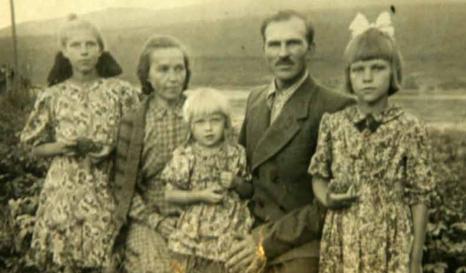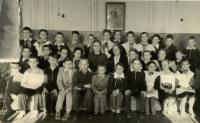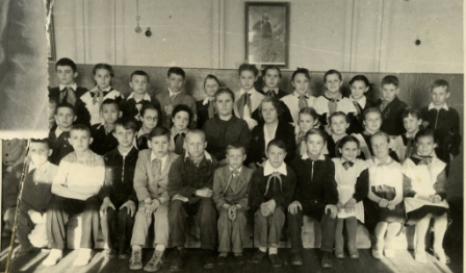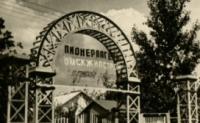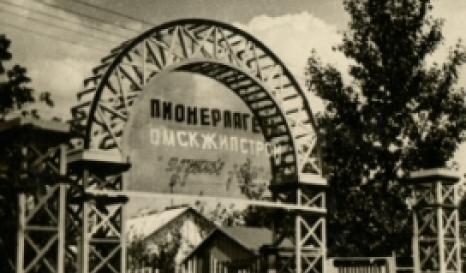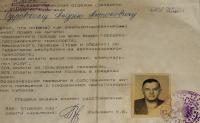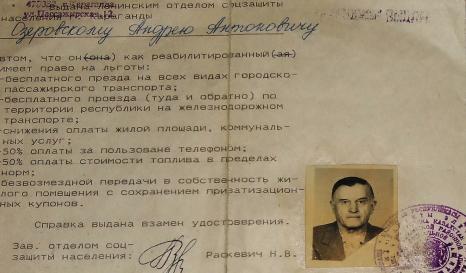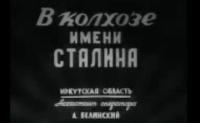ToPics
Becoming SOVIET?
After the repeated violence they suffered while they were being deported, many special resettlers, once they had arrived in Siberia or Central Asia, discovered a world that was harsh but offered some chances of integrating. The living conditions of the local people were surprisingly similar to their own. They shared the same experience of manual labour on the kolkhoz collective farms and in the forestry industry.
The socialisation and integration of the new arrivals occurred mainly through work, which included supervised and ordered collective work and outside activities (such as a private vegetable garden). Collective work forced them to adopt Soviet forms of organisation and social values: the importance of the work team, the acquisition of technical skills as work was mechanised, seen as upward mobility, rewards based on career progress and the quantity of work supplied. Some of them gradually made their own a discourse that glorified work and emphasised the domination of man over nature by the construction of major industrial and urban complexes.
Integration into this Soviet world also required the adoption of survival strategies typical of the system, such as bartering services. Many witnesses recall the sewing machines that helped many resettled Lithuanian families to survive. Bartering services could open the doors to integration into the local community, whose practices were Soviet in nature, with all the avoidance and evasion that involved.
These forms of integration and upward mobility were all the more important because other more political avenues, such as the komsomol or the Party, were largely or completely closed to the resettlers.
Text: Emilia Koustova


